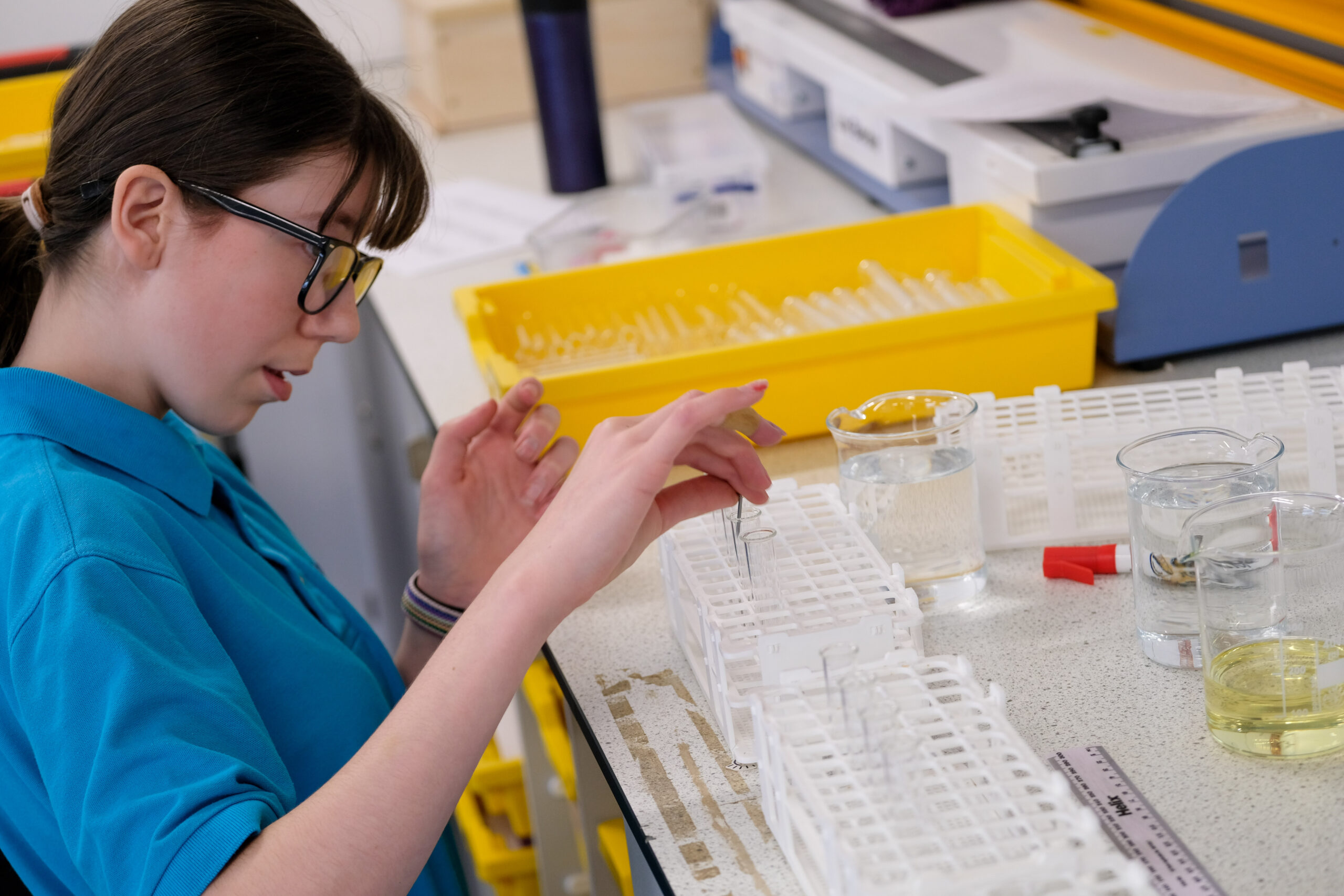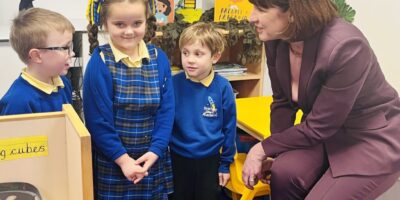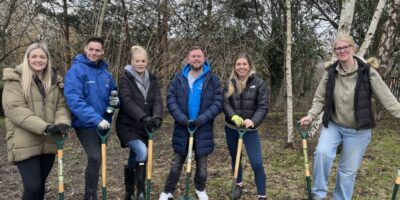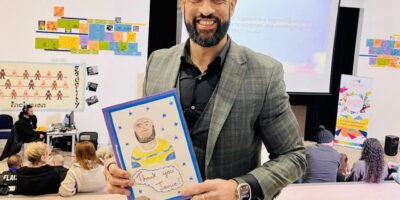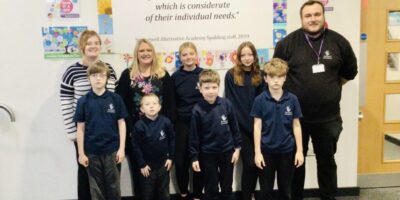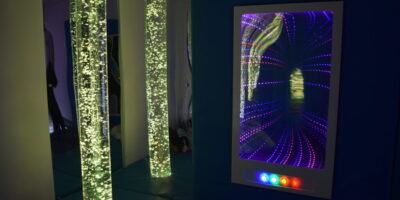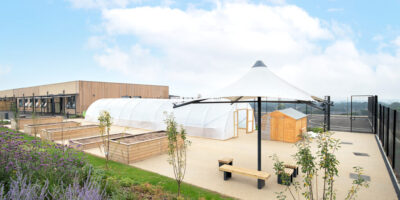By Dr Waheed Khan
Ofsted published a report on its research review on 29 April 2021 that identified factors that influence the quality of science education in schools in England. The review was of existing research and brought together what is already known into a single document. It explored different types of scientific knowledge, how to decide and prioritise curriculum content and how teachers can assess children’s progress which can be referred to when reviewing science in our own schools. This first part of this blog explores how to decide and prioritise curriculum content.
Expertise in science requires children to build at least two forms of knowledge. The first is the knowledge produced by science called ‘substantive’ knowledge, which includes models, laws and theories. The second is ‘how knowledge in science is produced, developed and accepted which is called ‘disciplinary knowledge’. This teaches children how scientific knowledge becomes established and gets revised. Importantly, it also involves children learning about the many different types of scientific enquiry.
There has been a great deal of emphasis given to schools having knowledge-rich curricula, however this report makes it clear that, in science, this does not mean children learning more ‘substantive’ knowledge, or scientific facts. It is more about developing children as scientists and how to work like a scientist. This involves teaching the working scientifically skills, or ‘disciplinary’ knowledge. The skills that scientists use when carrying out scientific enquiry are set out in the working scientifically statements in the National Curriculum.
However, there is more to developing ‘disciplinary’ knowledge than children simply practicing the working scientifically skills. While carrying out their scientific enquiries, children should be recognising that the working scientifically skills help them acquire new knowledge or adapt their thinking. This knowledge needs to be made explicit. It is not just about doing the activity. Quality time must be given for children to reflect on the evidence they gather to answer their scientific enquiry questions and use it to develop their ‘substantive’ knowledge. The bigger picture should show children that it’s this process that has produced the ‘substantive’ knowledge across biology, chemistry and physics.
In high-quality science curriculums, the jigsaw of knowledge should be carefully sequenced to reveal the interplay between substantive and disciplinary knowledge and foresee potential misconceptions. This ensures that children not only know ‘the science’ but also know the evidence for it and can use this knowledge to work scientifically. Children need the disciplinary knowledge, (working scientifically skills) to carry out a scientific enquiry, but may also need substantive knowledge. For example, in Key Stage 1, in order to successfully complete a scientific enquiry to identify the best material to use to make an umbrella, children will need an understanding of water proofing. In Key Stage 3, children will not be able to make a scientific prediction about the ascent of a rocket, if they do not have the substantive knowledge about the forces of friction (air resistance) and thrust.
